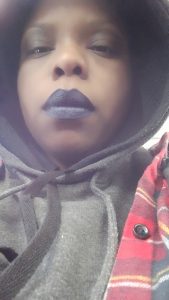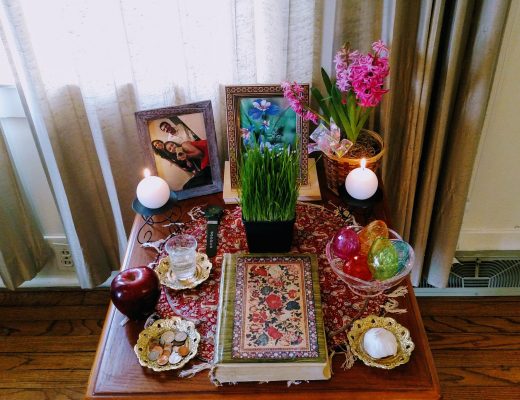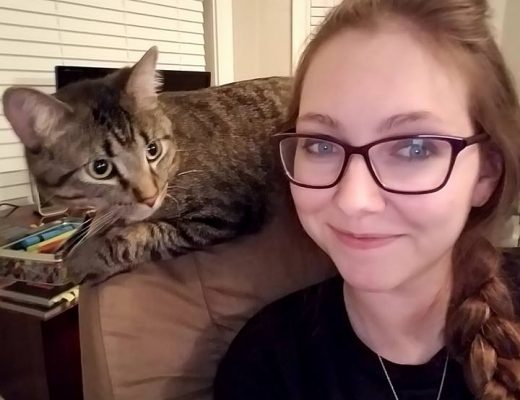At this stage in my career, I definitely consider myself a poet. The simplicity of being able to articulate my every day emotions, the  stresses of day-to—day life and the hopes I have for the world and myself gives me a sense of liberation, a feeling of relief almost. To articulate the music I hear and to be able to briefly let my heart bleed on the page, with as few lines as possible gives me joy, the ability to use beautiful metaphors and to leave a scar on my reader, while delicately crafting an overall image, which can have the potential to leave them with a lasting emotion feels graceful. Poetry gives me the initiative to figure out what ever “it” is on the page, without constraint. But, allowing myself to venture into using other forms has broadened the scope for being able to reach as many readers as possible.
stresses of day-to—day life and the hopes I have for the world and myself gives me a sense of liberation, a feeling of relief almost. To articulate the music I hear and to be able to briefly let my heart bleed on the page, with as few lines as possible gives me joy, the ability to use beautiful metaphors and to leave a scar on my reader, while delicately crafting an overall image, which can have the potential to leave them with a lasting emotion feels graceful. Poetry gives me the initiative to figure out what ever “it” is on the page, without constraint. But, allowing myself to venture into using other forms has broadened the scope for being able to reach as many readers as possible.
Considering that everything is relative, especially art as well as the process of honing your craft, there are many famous writers whom we know that tend to “blur” the lines and have achieved much success: Tennessee Williams, Langston Hughes, James Baldwin. Writers like Sarah Manguso, for instance, when asked in an interview in Punctuate’s first issue—“How important are labels to you in your work,” in regards to making a distinction between her poetry and nonfiction, she replied, “They’re not.” There are a myriad of writers that can be discussed, even those who don’t hold the same level of notoriety of those previously mentioned; and by no means am I making a comparison, but I feel we as writers should not necessarily focus on form, before we consider writing a piece. We should allow ourselves as writers to write in the direction that the “work” itself needs. Although I tend to be more poetic in form, not all of my work calls to be confined into that particular form. Sometimes I need to distance myself from a particular issue, and so I plant the seed into an unwilling character and attempt to answer my own questions within the confines of a fictional situation, or I need to deal with a nagging on my memory and I choose to self-reflect on the page.
Many writers may feel comfortable only writing in a particular form, and that’s OK. It’s OK to master a piece of work within our comfort zone, but once we attempt to venture into new forms, we can give ourselves the initiative to broaden our audience. Maybe we could perhaps think outside the box as writers, and trust in our own instincts as to what the “story” is “nagging” us to tell. I am an emotional writer and I am always guided by the importance of voice. We have some unfortunate cases here in this modern and advanced society, where you find those whose voices have been stifled by strife, riddled with poverty, and pissed on by Global Capitalism. I want to give a voice to those who feel like they can’t breathe, and whatever form it takes me to articulate that, so shall it be. Art needs to be seen, and needs to be heard. I feel we as writers should ask ourselves first, “Why is it important that I share this piece of information?” and “Who am I trying to reach?” Now this is my opinion, but once I’ve asked myself these questions, I feel like I can write without constraint, and whatever form that this story takes, should not matter. To be a writer, you must take the intuitive to not stifle yourself, or put yourself in a box and declare that you only write in a specific form. To be a writer is just that, just write.
Ishah Houston, Assistant Editor


